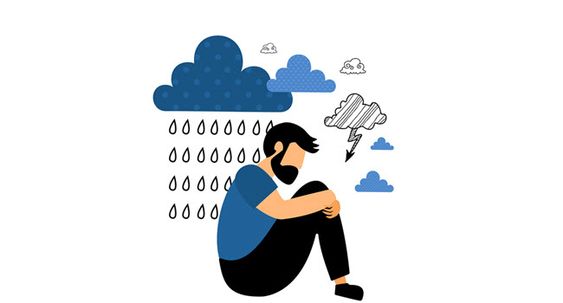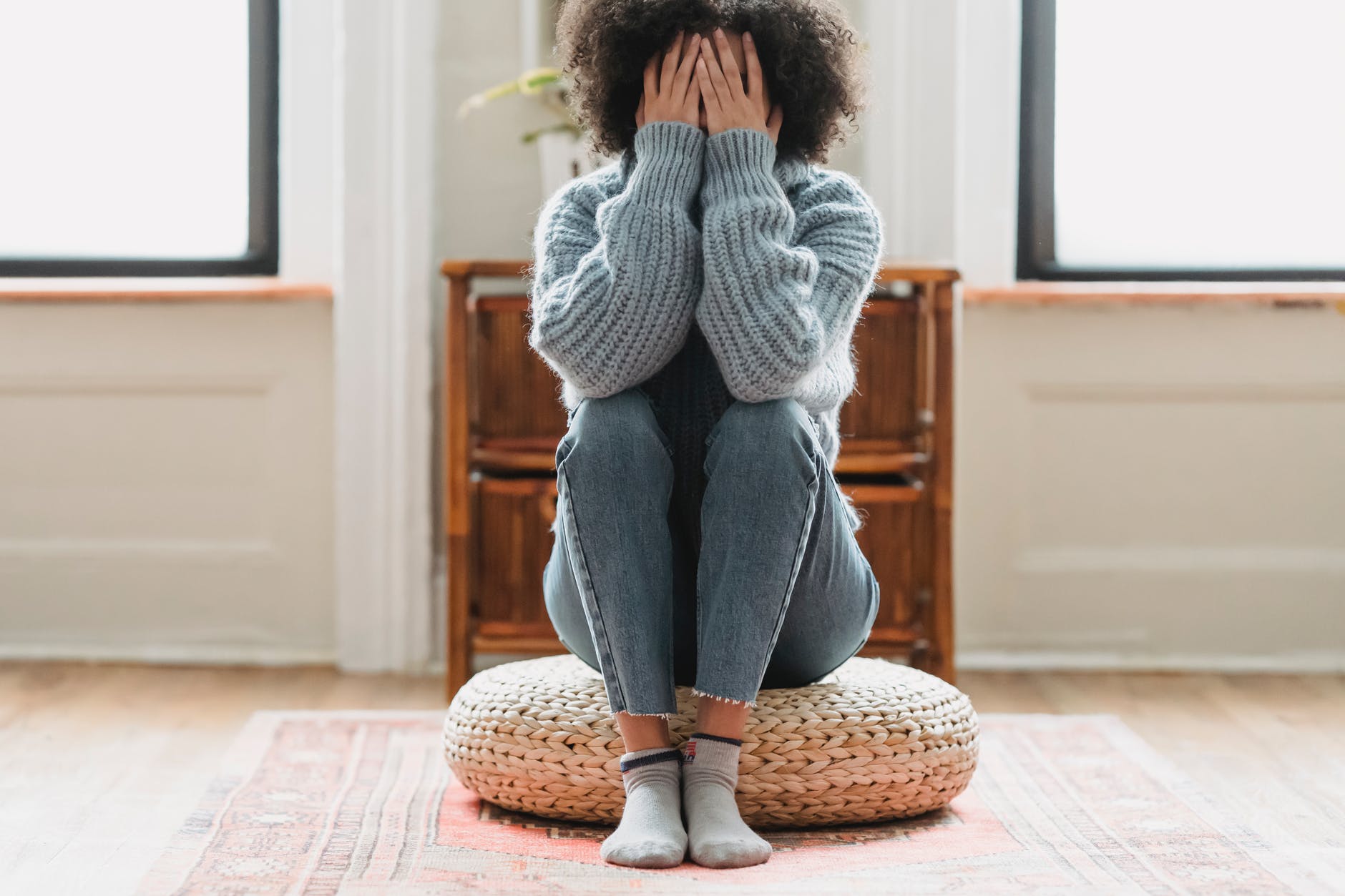Due to the current COVID-19 crisis, we all are feeling somewhat demotivated and emotionally exhausted. One may experience continuous emotional ups and downs and it is a very common scenario nowadays. Hence, besides fighting with the novel coronavirus we need to be well prepared to encounter another epidemic, the post-COVID-19 depression, and COVID-19 or lockdown blues due to social isolation.

Before the pandemic, we already had many pre-existing mental health illnesses such as symptoms of anxiety and depressive disorder. The uncertainty, fear and stress of COVID-19 have made these mental health complications worse. We can already see its effects by witnessing compulsive buying, panic and the grave stress that people are experiencing intensely. And we must not forget about the people who have already been suffering from depression and other mental health disorders. The lockdown has done nothing but aggravate the crisis and has taken a heavy toll on our mental health. Now the question arises will the situation be back to normal when this crisis ends?
The answer to this question is a very complex one. An article published by the psychologists of the University of Washington Centre for the Science of Social Connection stated that when the contagion reduces and we return to the normal that we knew before, the number of patients with depression will increase. Hence, preventive measures should be taken from now on so that these stress disorders do not take the form of a depression epidemic.
“Good mental health is absolutely fundamental to overall health and well-being. COVID-19 has interrupted essential mental health services around the world just when they’re needed most. World leaders must move fast and decisively to invest more in life-saving mental health programmes ̶ during the pandemic and beyond “
Dr Tedros Adhanom Ghebreyesus, Director-General of the World Health Organization
Keeping all of the complications in mind, let’s explore the ways of fighting off the two deadliest rivals: COVID-19 blues vs. the COVID-19 depression crisis.
Managing the current mental health crisis:
We can already perceive the mental and physical health crises that the pandemic has brought along with it. Our human civilization has been crippled with uncertainty, emotional exhaustion, lack of control and fear of losing loved ones. These instabilities are largely due to ‘environmental crises’ upon which we have very little control.
In order to combat this critical situation, we need to adopt some well-thought-out preventive measures.
- Firstly, we need to acknowledge the already existing ‘complex emotional barometer’ as there is a mixture of fear, sadness, despair, anger among people.
- It is a very brutal fact that uncertainty will exist among us for a very long time as we do not know when this crisis will end and we can get back to our previously known ‘normal life’. Hence, we need to accept this fact with empathy that we are not completely in control of our life and existence.
- The confinement that has been imposed upon us may trigger depression, and people who have already dealt with mental health disorders will find it more difficult to manage the stress. Therefore, it is essential to seek professional help to deal with this crisis so that the situation does not become catastrophic.
COVID-19 blues vs. COVID-19 depression:
The concepts of lockdown or COVID-19 blues and COVID-19 depression may be intertwined, but they are exactly not the same mental health complications. So, we need to be mindful of the fact that there are some significant differences between them. As we spend our days socially isolated and we have gone through some dramatic changes in our lives, it is very normal to have feelings of restlessness and anger or irritability more than normal. Thus, these salient changes in our mood or emotional state can be referred to as COVID-19 blues. These symptoms are easily curable and they can go away with time as a clinical psychologist says “the blues can come and go in waves, but a major depressive episode lasts at least two weeks,”. And this brings us to COVID-19 depression which is a persistent depressive disorder and may require professional help to combat. If one is feeling sad, angry or anxious all the time, he/she may be suffering from depressive disorder due to the current pandemic crisis. Hence, it is better to seek professional help as soon as possible.
Being empathetic to oneself and others:
It is OK to feel emotional ups and downs during this period of limbo that we are trapped in, so we do not have to push away or neglect the negative emotions that arise. Ignoring the stress or burying the intense emotions in the realm of our unconscious mind will worsen our emotional instability. Kindness and empathy are two healing agents that can alleviate our discomfort. So do not hesitate to share your pain and suffering with a loved one. Never feel ashamed or guilty to ask for any psychological support. Moreover, we can create our own support group as it is comforting to know that we are not alone and we all are pretty much going through the same thing.
And the Lockdown Blues:
It may feel like there is no light at the end of the tunnel (metaphorically speaking), but hope can be found even in the discomfort that we are feeling right now. What if we come out of this limbo, more specifically the confinement stronger. What if we use this stagnant period to work on ourselves and become more resilient. Procrastination may cloud our minds now and then, but we shouldn’t forget to live, learn and move forward. Learn to paint the blue sky, not with the color of grey, but instead, paint a rainbow of joy in the sky.
Subscribe to our newsletter!


























Leave a Reply